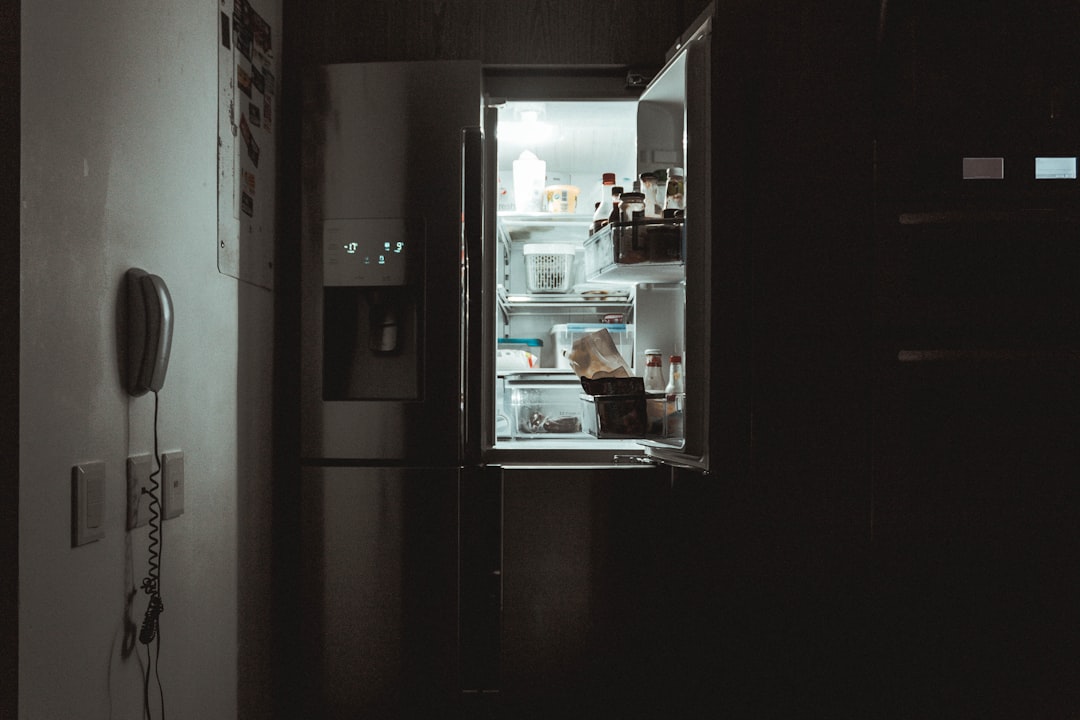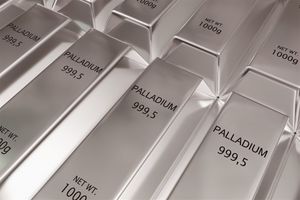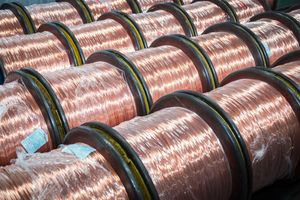 Photo from Unsplash
Photo from Unsplash
Originally Posted On: https://leadingedgemech.net/what-to-do-when-your-commercial-refrigerator-loses-power/
What To Do When Your Commercial Refrigerator Loses Power
Overview
Whether you run a restaurant, grocery store, or food distribution center, an unexpected loss of power puts your inventory at risk and can lead to costly losses. Knowing what to do and acting quickly can make all the difference in saving your products and minimizing disruptions to your operations. Join Leading Edge Mechanical Inc as we outline what to do when your commercial refrigerator loses power and how you can steer clear of refrigerator issues.
Highlights
- The factors that affect temperature retention
- How long a commercial refrigerator stays cold without power
- What to do when your fridge loses power
- What to do after restoring power
- Preventive measures to avoid power loss
- Early signs of commercial refrigeration issues
Introduction
Commercial refrigeration systems are designed to maintain safe food storage temperatures under normal operating conditions. These systems come in various sizes and configurations, from walk-in coolers to reach-in refrigerators, each with different insulation properties and temperature retention capabilities. When power is lost, maintaining proper food safety becomes a challenge.
Join Leading Edge Mechanical Inc as we explain how long your fridge’s contents will last without adequate power, what to do in the event of a power outage, and how to avoid unnecessary problems in the future.
What Factors Affect Temperature Retention?
When the power goes out, you’ll want your commercial refrigerator to be able to retain its temperature as much as possible until the issue is resolved.
Some of the factors that can impact temperature retention include the following.
Refrigerator Size
Larger refrigerators, especially walk-in units, often have thicker insulation and can retain cold air longer than smaller reach-in units.
If you’re dealing with a freezer, you’ll have more time to get the problem fixed. Freezers generally hold temperatures longer than refrigerators due to their lower starting temperatures and denser insulation.
Surrounding Temperature
The environment around your refrigerator plays a crucial role in how quickly it warms up. A refrigerator in a hot kitchen or warehouse without air conditioning will warm up much faster than one in a climate-controlled space.
What’s Inside Your Refrigerator
A fully stocked refrigerator holds cold air better than an empty one. Dense foods like meats and dairy retain their cold temperature longer than air or lightweight items. However, it’s important to note that perishable foods can quickly reach unsafe temperatures once power is lost.
Door Seals and Insulation Quality
Properly sealed doors and well-maintained insulation can slow down temperature loss. A refrigerator with damaged gaskets or poor insulation will warm up much faster, putting stored items at greater risk.
How Long Will a Commercial Refrigerator Stay Cold Without Power?
The exact length of time your refrigerator stays cold depends on the factors listed above.
In general, a commercial refrigerator will keep food safe for about 4 hours if the doors remain closed.
Because perishable food should be kept at or below 40 degrees Fahrenheit and frozen food at 0 degrees Fahrenheit, it’s crucial to monitor temperatures and act quickly when power is lost.
What Should You Do When Your Fridge Loses Power?
If the power goes out unexpectedly, it’s critical to act quickly to protect your perishable goods. Taking the right steps immediately can make a huge difference in minimizing spoilage and preventing potential health risks.
Here’s what to do when the power is out:
- Move perishables to the coldest section: Store dairy, meat, and seafood in the coldest part of the refrigerator—usually the lower shelves.
- Prepare backup cooling options: If you anticipate an extended outage, use ice packs, dry ice, or frozen gel packs to maintain temperatures. Adding dry ice or ice blocks to the freezer can keep the temperature low for an additional 24 to 48 hours.
- Keep the freezer shut: To keep your freezer running efficiently during a power outage, it’s important to minimize access to the unit. Keeping the freezer shut as much as possible helps preserve the cold air inside, allowing food to stay frozen longer.
- Group frozen items together: Grouping frozen items together is another simple yet effective strategy, as it helps retain the cold longer when items are stored close to one another.
- Monitor internal temperatures: It’s essential to monitor internal temperatures. If frozen food begins to thaw and stays above 40 degrees Fahrenheit for more than two hours, it may no longer be safe to refreeze or consume.
Being proactive ensures that when disruptions occur, you can act swiftly to protect your inventory and maintain food safety.
What Should You Do After Restoring Power?
After the power has been restored or you’ve contacted a refrigeration contractor, it’s essential to assess the situation and take immediate action to ensure the safety of your food.
Here’s what you should do next:
- Verify the refrigerator’s internal temperature: If your refrigerator has been above 40 degrees Fahrenheit for more than 4 hours, any stored perishable food may no longer be safe.
- Inspect your food for spoilage: Look for signs like unusual odors, discoloration, or changes in texture. When in doubt, throw it out.
- Reset and restart the system: Allow the refrigerator to return to its set temperature before restocking.
Taking the right steps can help prevent foodborne illness and keep your refrigeration system functioning properly.
What Are Some Preventive Measures To Avoid Future Power Loss?
Power outages are unpredictable, but taking proactive steps can protect your business from costly losses. By implementing preventive measures, you can ensure your commercial refrigeration system remains reliable and minimize the risk of spoilage.
Invest in Backup Power Solutions
Every business needs backup power. A reliable backup power source, such as a generator or an uninterruptible power supply (UPS), can keep your refrigeration units operational during an outage. Consider an automatic standby generator that kicks in immediately when power is lost, preventing temperature fluctuations that could compromise food safety.
Use Smart Temperature Monitoring Systems
Installing temperature monitoring sensors provides real-time alerts when internal temperatures rise above safe levels. These systems can notify you via text or email, allowing you to take action before perishable goods are affected.
Keep Emergency Cooling Materials on Hand
Having dry ice or frozen gel packs stored on-site can help maintain safe temperatures during short-term power failures. In freezers, dry ice can keep contents frozen for hours, reducing the risk of spoilage. Be sure to follow proper handling guidelines to avoid direct contact with food items.
Develop a Power Outage Response Plan
A well-prepared emergency plan ensures your staff knows exactly what to do in the event of a power failure.
Train employees on:
- Properly sealing refrigerator and freezer doors to retain cold air
- Monitoring temperature changes and moving perishable goods to alternative storage if necessary
- Safely operating backup power solutions
It’s important to conduct regular drills to minimize operational downtime when an actual outage occurs. This proactive approach helps your business respond efficiently when needed.
Perform Routine Maintenance and Inspections
Regular maintenance is key to preventing sudden refrigeration failures.
Schedule routine inspections to check:
- Door seals and insulation: Worn-out gaskets or damaged insulation can cause temperature fluctuations, forcing your system to work harder.
- Condenser and evaporator coils: Dirty coils reduce efficiency and may lead to system overheating.
- Refrigerant levels: Low refrigerant can indicate a leak, which can compromise cooling performance.
- Compressor function: A failing compressor can cause inconsistent cooling and eventual system failure.
Inspections help reduce the risk of unexpected breakdowns, minimize energy consumption, and maintain consistent food safety standards.
What Are Early Signs of Commercial Refrigeration Issues?
In commercial settings, temperature control is critical to maintaining food safety and product quality. It’s important to therefore have well-working refrigerators. Refrigeration issues, if caught early, can prevent costly breakdowns and service interruptions. Many refrigeration failures don’t happen overnight—they show warning signs first.
Some key indicators to watch out for include:
- Unusual noises, such as humming, buzzing, or clicking sounds
- Frequent cycling on and off
- Inconsistent temperatures or warm spots inside the unit
- Excessive frost buildup in freezers
- Higher energy bills with no explanation
- Water leaks or condensation around the unit
If you notice any of these signs, don’t wait for a complete breakdown—addressing small issues early can prevent expensive repairs or full system failure.
Call Our Commercial Refrigeration Technicians at the First Sign of Trouble
Even with the best maintenance routine, refrigeration issues can still arise. When they do, knowing what to do is crucial. Contact a licensed commercial refrigeration technician as soon as you notice performance issues. Professional technicians can diagnose and repair problems before they lead to major equipment failures or inventory loss.
Regular service checks and preventive maintenance from an expert can extend the lifespan of your refrigeration units, improve efficiency, and reduce the risk of unexpected failures. Investing in professional maintenance is one of the best ways to safeguard your business against refrigeration-related disruptions.
If your commercial refrigeration unit has experienced power-related issues, consider having it professionally inspected by Leading Edge Mechanical Inc’s technicians to ensure optimal performance. Preparedness is key to keeping your business running smoothly. Call us at (218) 237-5125 to get in touch and schedule our services.







